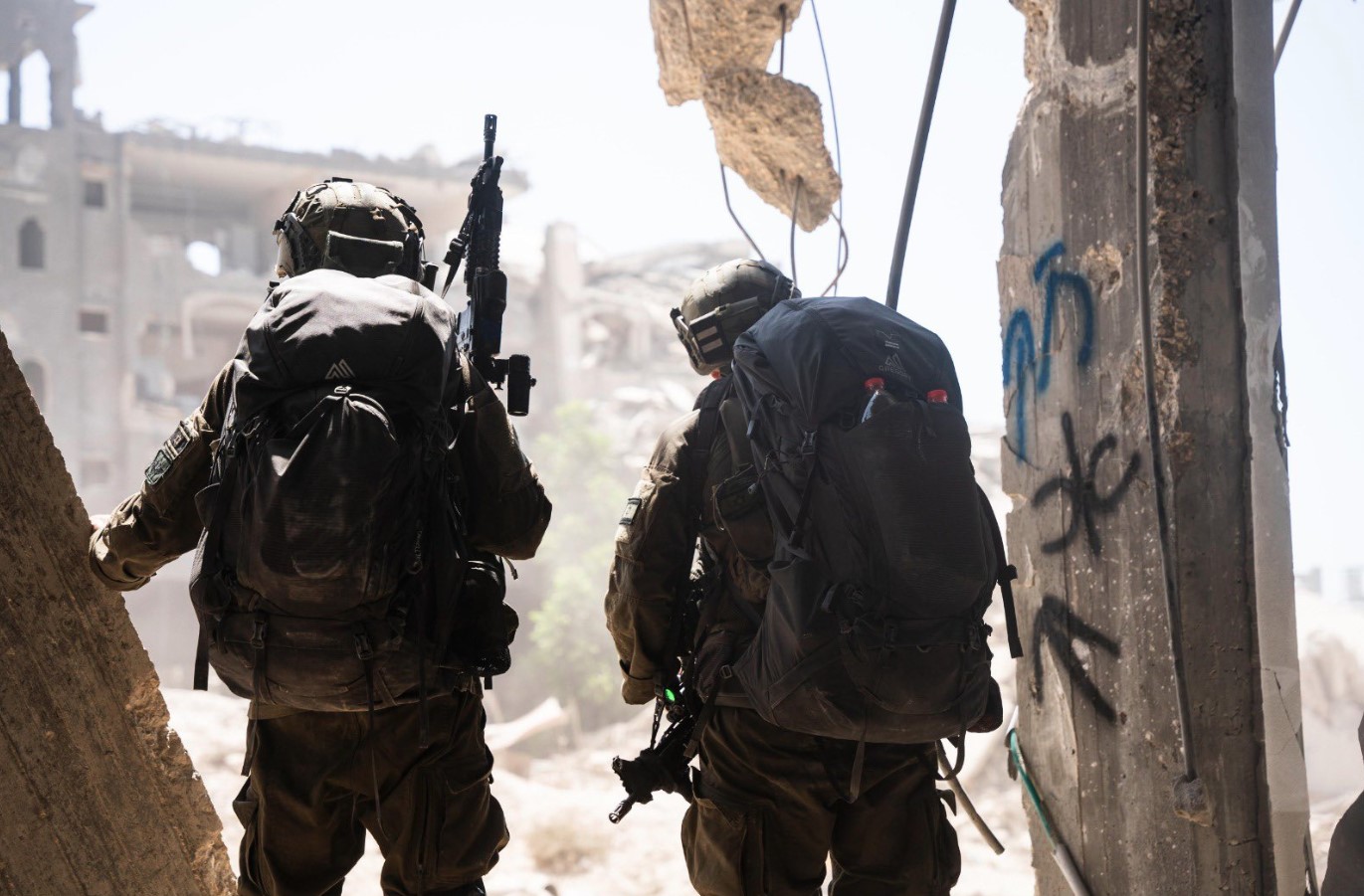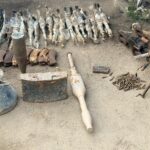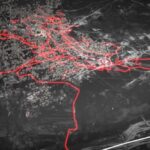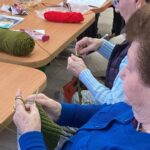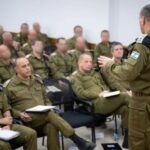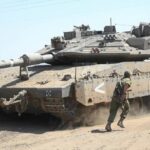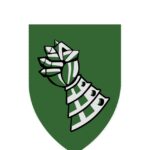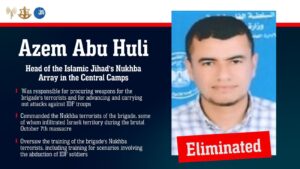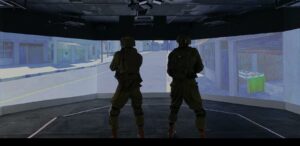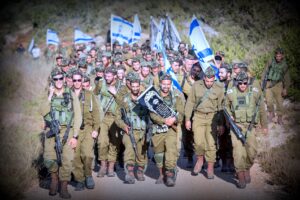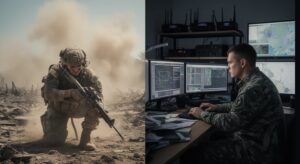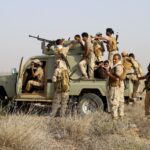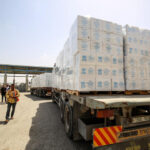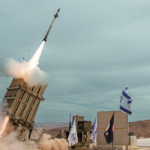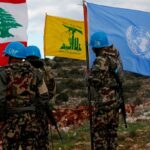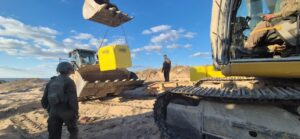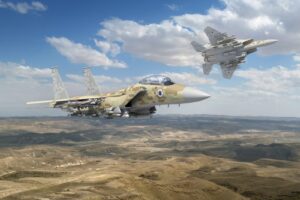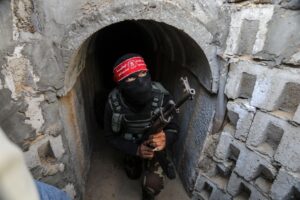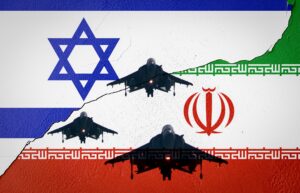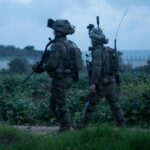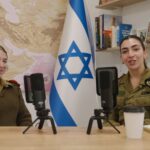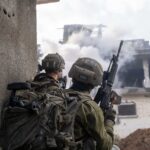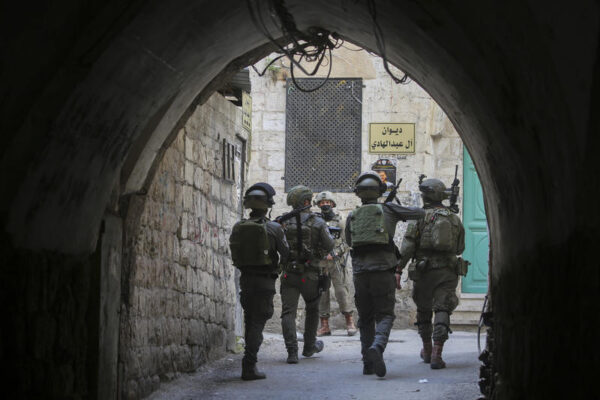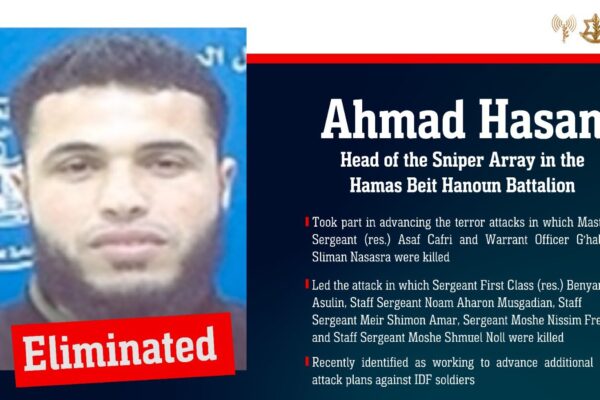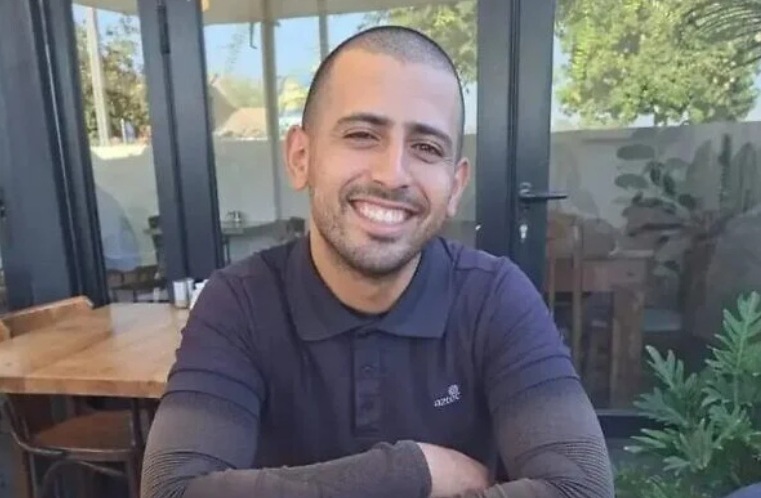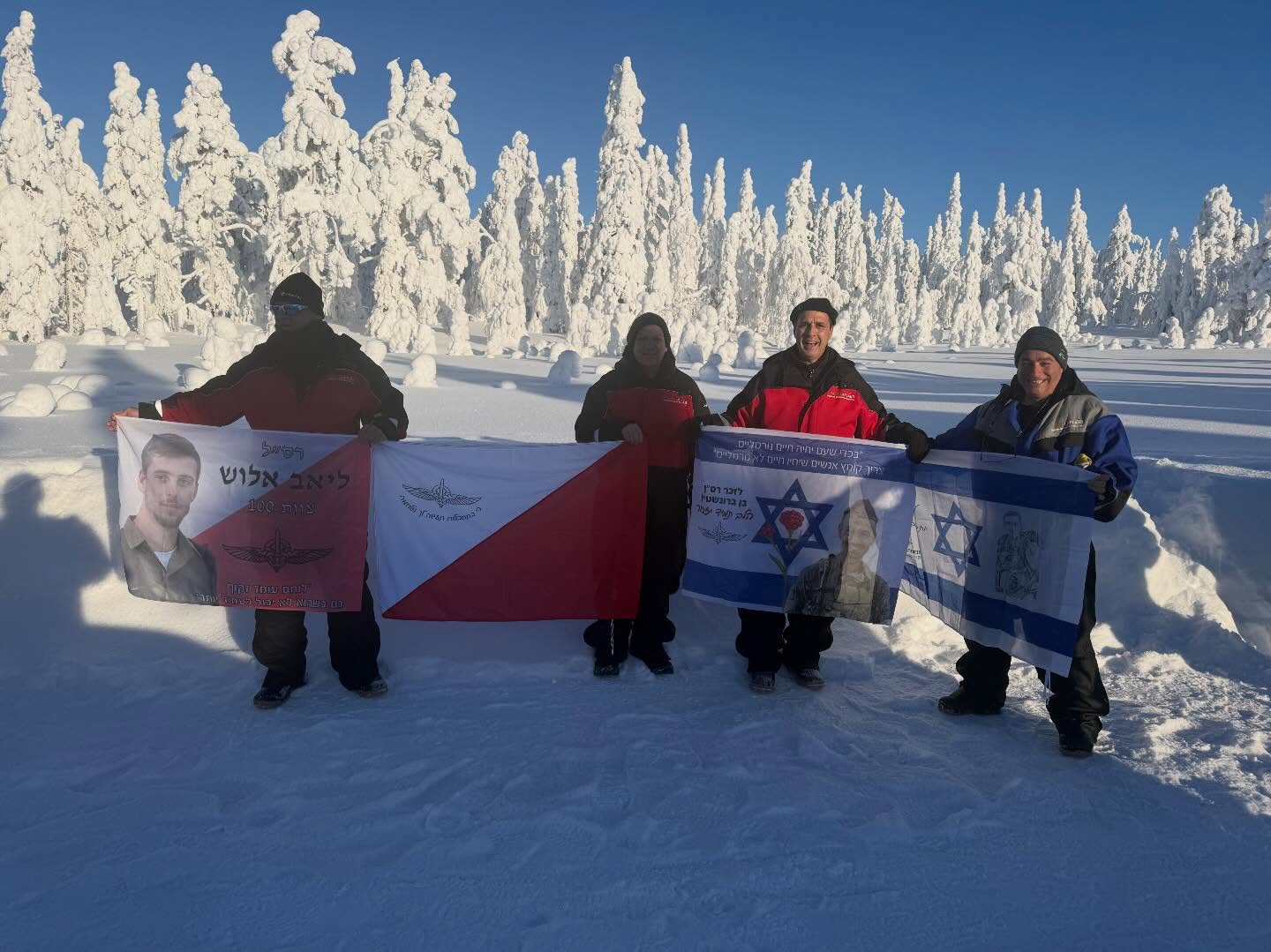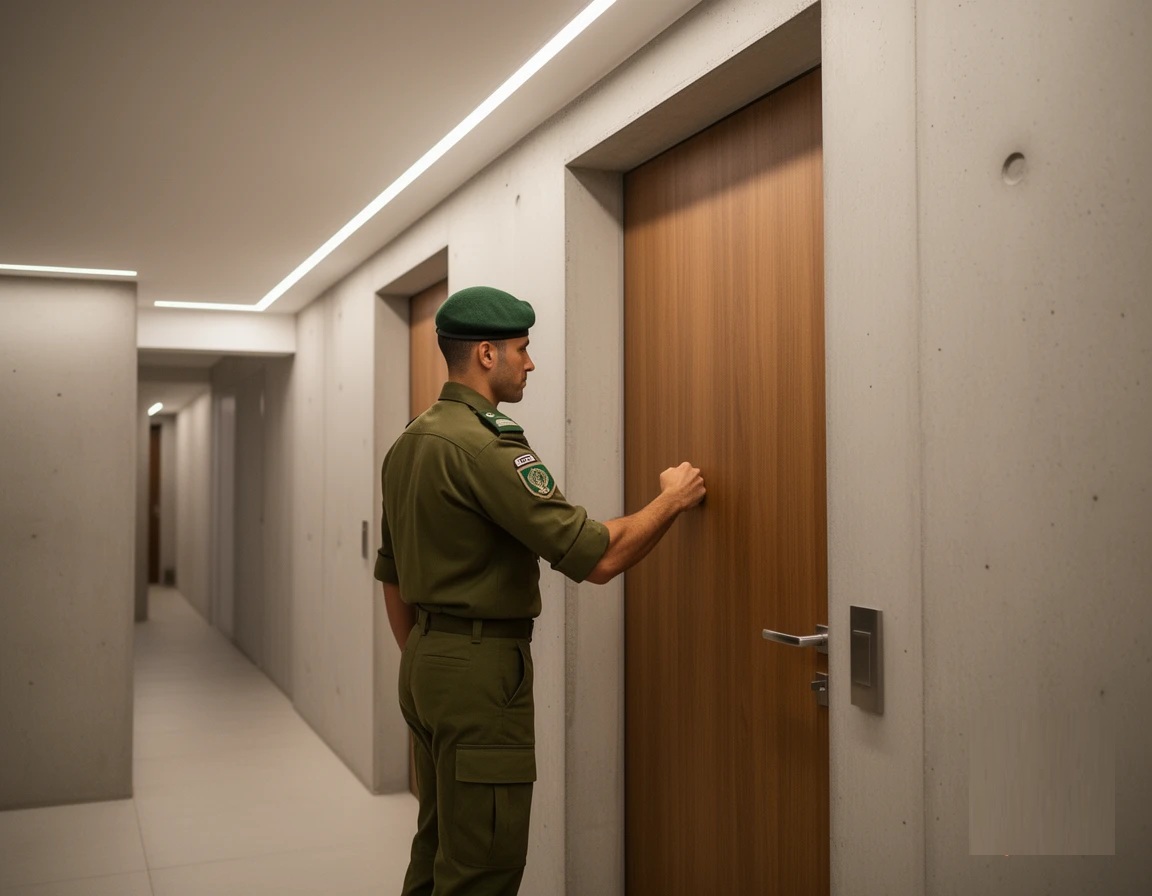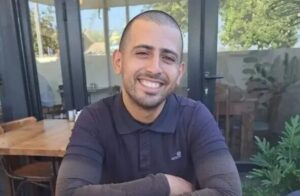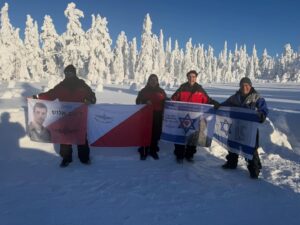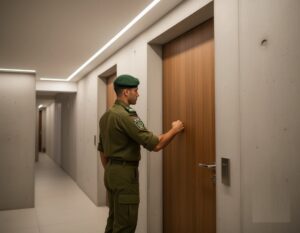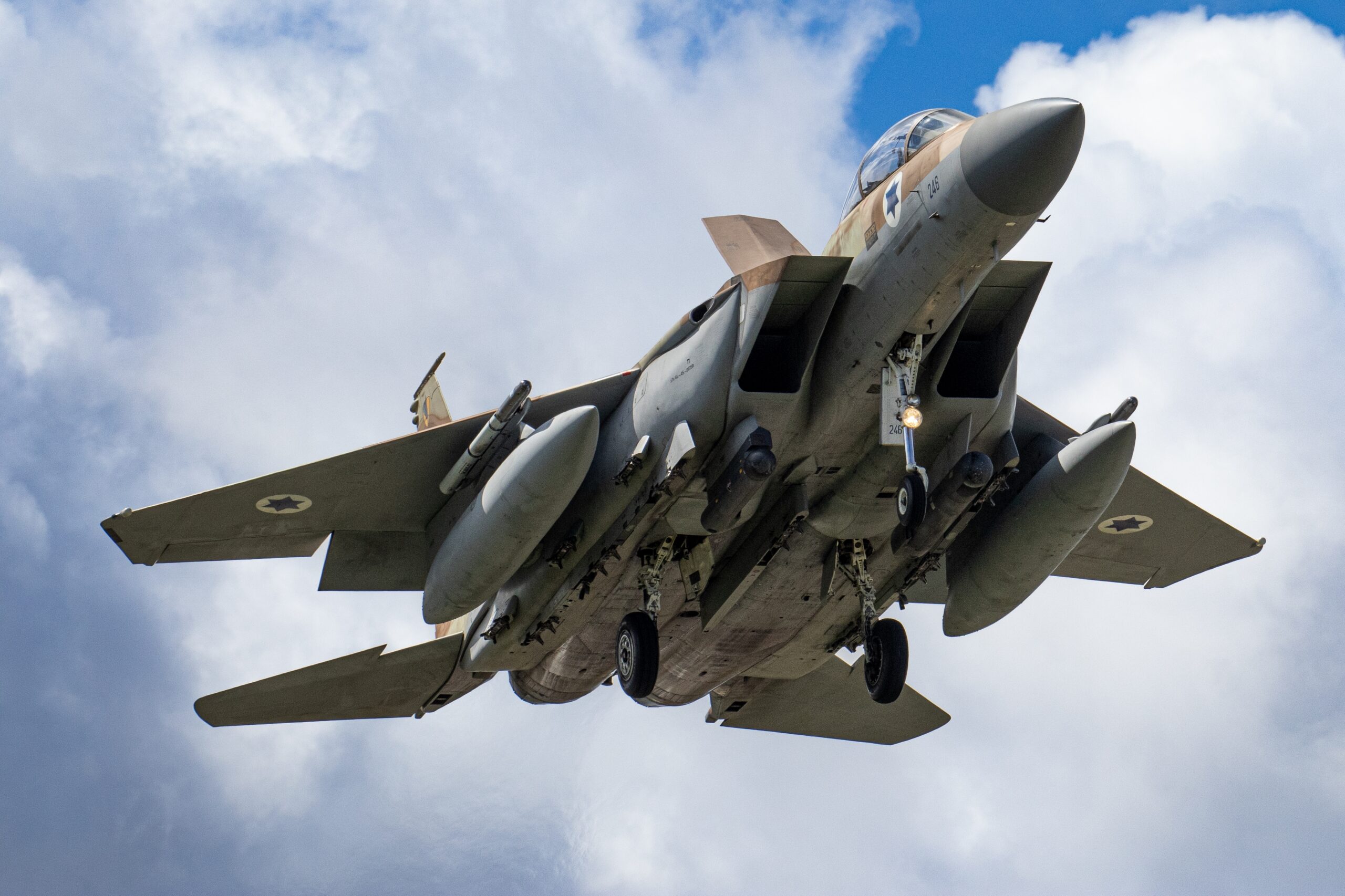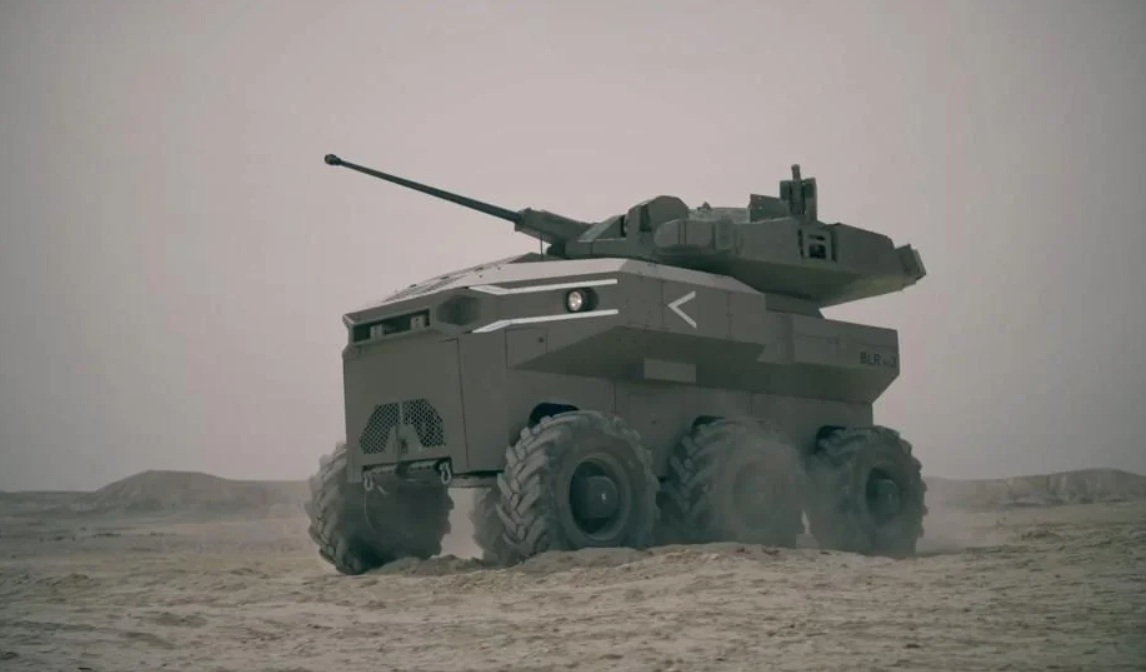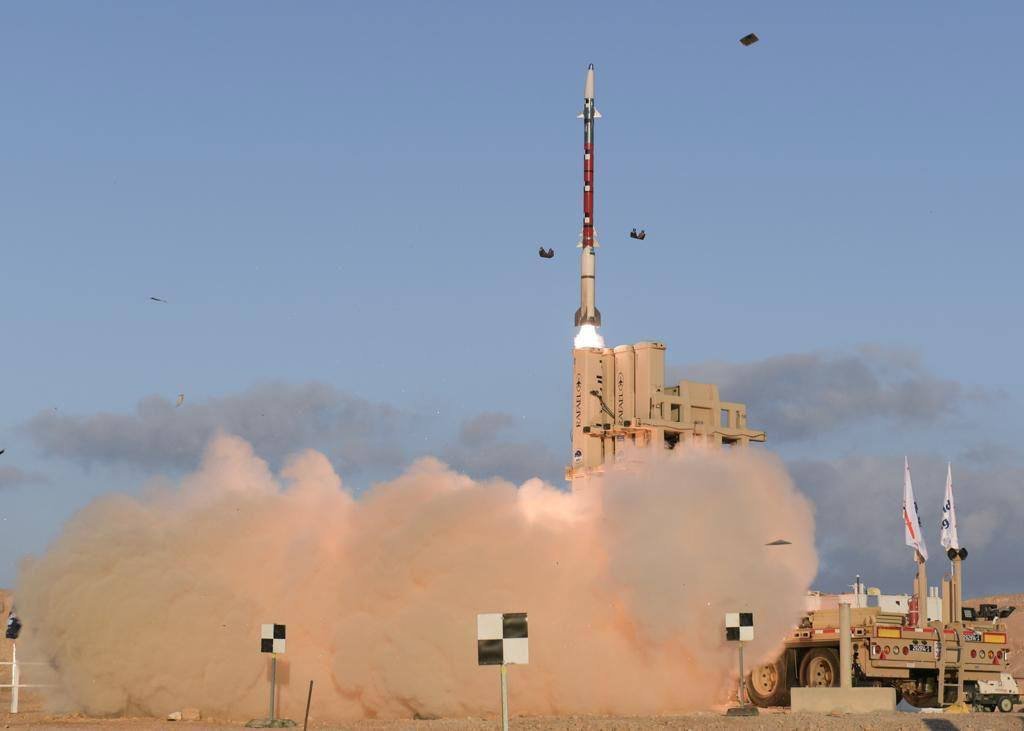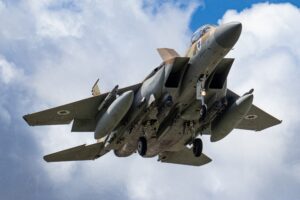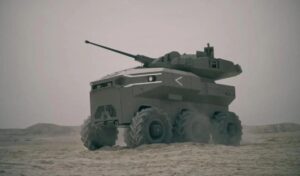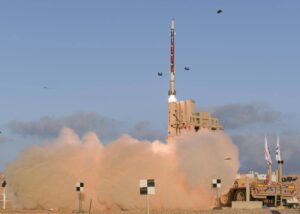Beyond his role as a fighter, Ron is deeply involved in social work, supporting distressed families through organizations in the ultra-Orthodox community.
By Gila Isaacson, JFeed
On Yom Hazikaron, Master Sergeant Ron Alon, a 44-year-old infantry fighter in Brigade 5, received the call for his third reserve duty since the start of the Swords of Iron War.
A self-employed individual juggling family, work, volunteering with organizations, and his role as a community rabbi, Alon didn’t hesitate.
From that moment, his mind was flooded with thoughts, about his children, his business, and the volunteers he supports. “These are very real questions that come up,” he shares. “But it’s also clear, someone has to show up.”
When asked what gives him the strength to keep reporting for duty time after time, he said: “It starts with the simplest things: if I don’t show up, someone else will have to. There’s a sense of responsibility.”
But it quickly becomes clear it’s much more than that. It’s rooted in the home he grew up in:
“My father served until he was almost 60. My mother was murdered in a terrorist attack. After that, he stopped serving. My brother, a former elite unit member, decided to join Yoaz Handel’s battalion. When you see that example at home, you can hardly act otherwise.”
During one of his previous reserve rounds, Ron’s son, a tank soldier, was injured in combat in Lebanon when part of the tank’s cannon fell on his head.
“By natural means, he shouldn’t be with us today,” Ron says. “It was a miracle. He came out with a bruise on his neck, a broken tooth, really minor. He wasn’t even hospitalized. Just a miracle.”
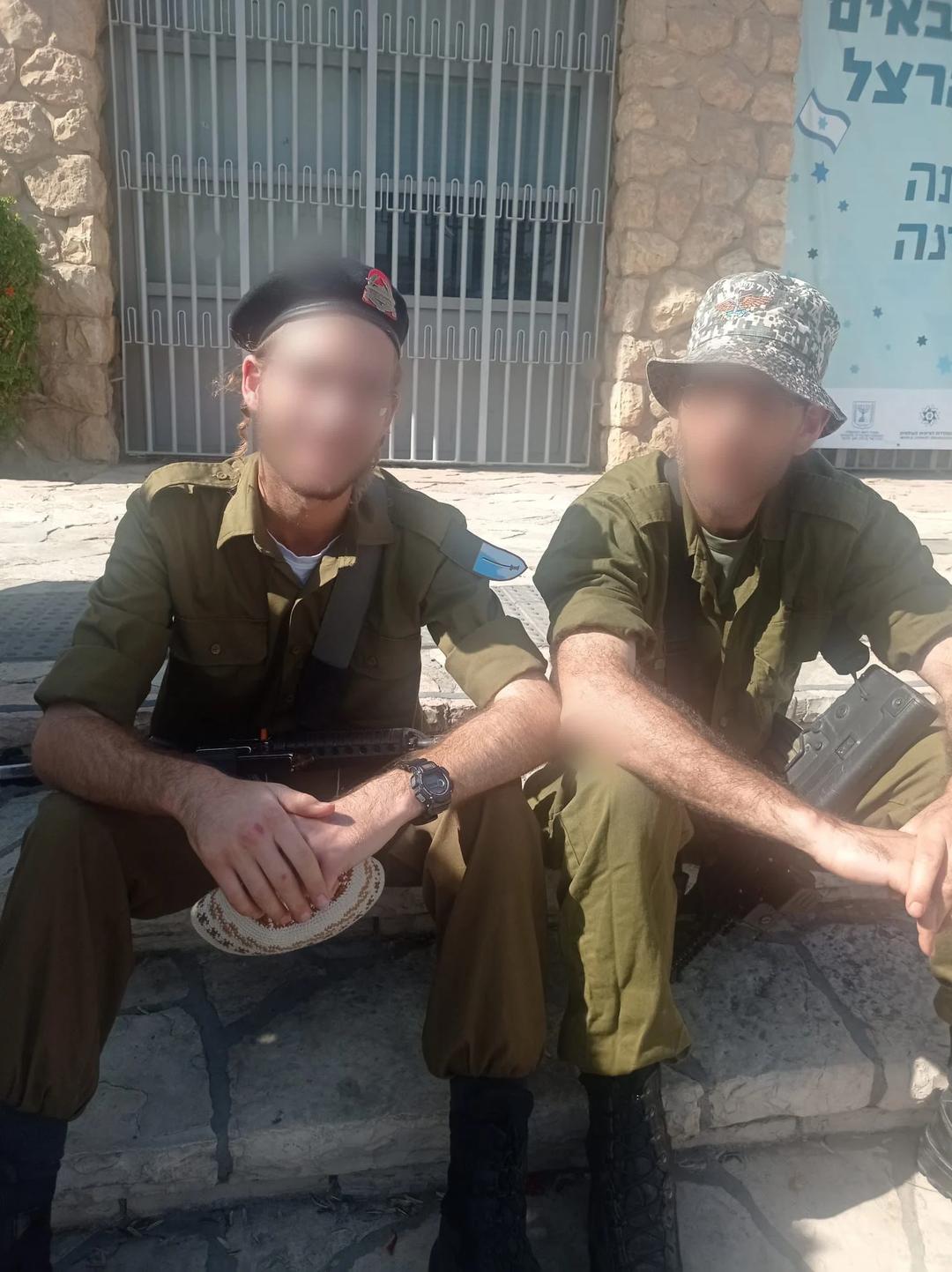
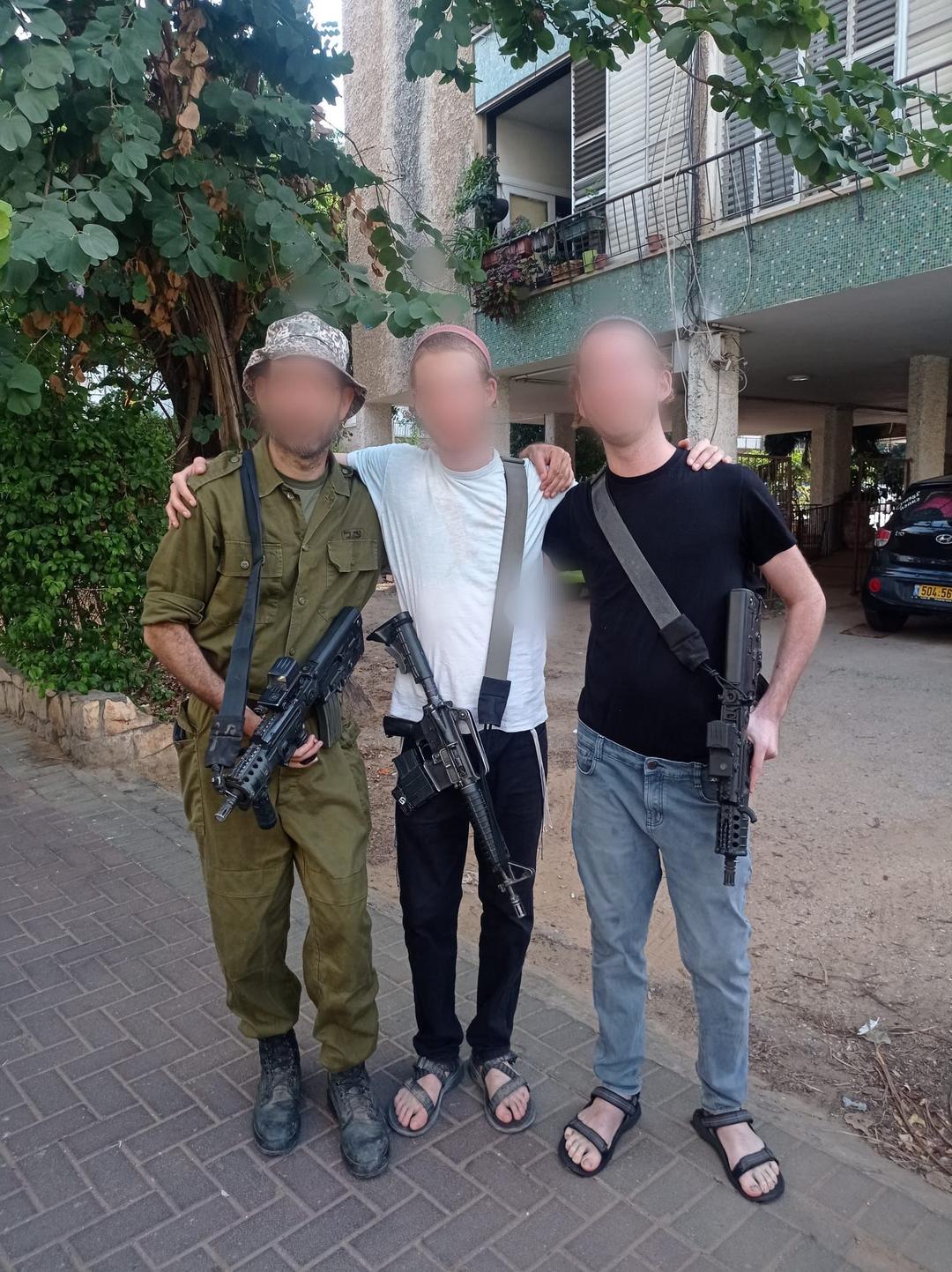
The news of the injury reached Ron while he was with his unit in Gaza.
“I didn’t have a personal phone, so suddenly they called me to the unit’s phone. That happens sometimes, and then my wife says, ‘Ron, say a psalm of thanks.’ I immediately knew something had happened, but it was good. Then she told me about the injury. It was truly a miracle.”
But the miracles don’t end there. A day after the annual memorial for his mother, murdered 23 years ago in a terrorist attack, Ron nearly lost his life again, this time in a stone-throwing incident on the Neve Tzuf road.
“I was driving with my daughter. Suddenly, boom, I saw a shattered windshield, but it didn’t collapse. I kept driving fast without stopping. Only when we reached a safe place did I call the police. The next day, I officiated my commander’s wedding canopy. There was something very symbolic about it.”
Beyond his role as a fighter, Ron is deeply involved in social work, supporting distressed families through organizations in the ultra-Orthodox community.
“You have to understand, when people from this community see a soldier coming to work on the few days off he has, it’s very powerful and sanctifies God’s name. They hear what I do, understand I’m putting myself at risk, and they really appreciate it. For me, just showing up from the combat zone, from service, back to the office in an ultra-Orthodox neighborhood, when people see and hear about it, it has an impact. And it’s not from a condescending or preachy place; I don’t tell them, ‘Why aren’t you…’. I just share what I do because they ask, not to provoke. I truly believe it creates change on its own. Deep change. You don’t see it immediately; it’s a long process but I’m optimistic about it.”
Ron is also a community rabbi in Shoham, and for him, the bond between a rabbi and the community during wartime only grows stronger.
“A guy in the community once told me: ‘In other communities, the rabbi is in the synagogue, and the people go out to fight. Only with us, we’re in the synagogue and the rabbi goes out to fight.”
The community, he says, greatly supports him, even when he’s not physically present.
And it’s impossible not to ask about his family.
“Everyone supports me. My wife tells me, half-jokingly, half-seriously: ‘Woe to you if you die.’ The kids are also part of this sense of mission. One finished combat service, another is on his way there. So they’ll be part of it. As Honi HaMa’agal (the Circle Maker) said, ‘Just as my fathers planted for me, so I will plant for my sons.’”


